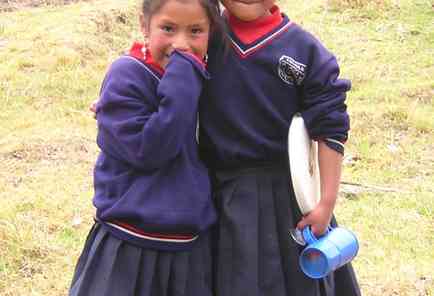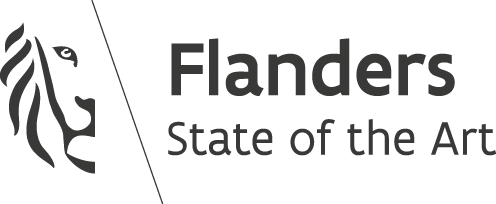In addition to the ethnic Vietnamese, more than 50 minority groups live in Vietnam, each with its own language and culture. The instructional language in education is Vietnamese. As a result, the children of minority groups experience barriers to learning. To increase access to quality education, UNICEF Vietnam implemented a bilingual education programme for children of minority groups in the period 2006-2015.
The programme shows that the use of the mother tongue during the first school years boosts the learning of children from minority groups. They stay longer at school and afterwards they acquire more easily Vietnamese. Teachers, children and parents recognise the added value of education in the children's home language. This bilingual programme empowers children from minority groups, their families and communities to integrate socially and become full citizens. In that sense, bilingual education is a gateway to sustainable development.
In this video, you will be introduced to the transition model where children first receive education in their mother tongue and gradually learn Vietnamese. Pupils and their parents testify about the effects of the programme on their children's well-being and learning outcomes.
Action research
This programme also included action research whereby the activities were intensively monitored and documented. More information about the programme, (interim) results, findings and recommendations can be consulted via the links below and in the downloadable documents.





